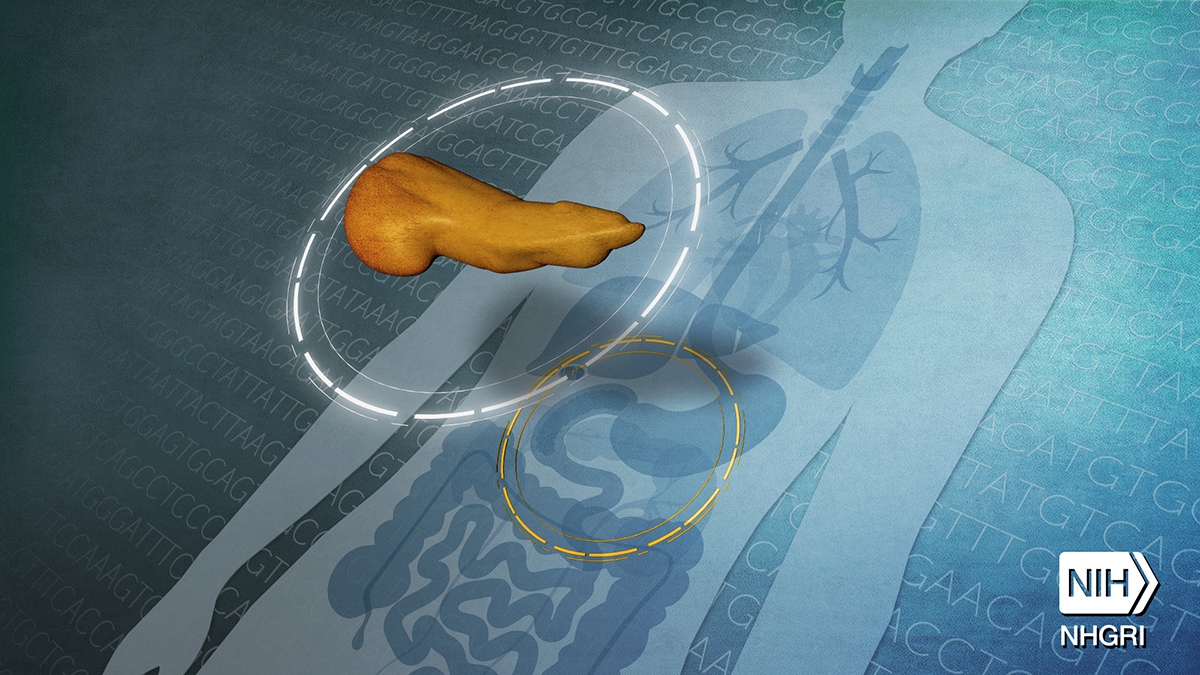The present study, co-first-authored by Dr. Adebowale Adeyemo of NHGRI/NIH and Dr. Norann Zaghloul of the University of Maryland School of Medicine, identified a novel locus for type 2 diabetes, ZRANB3. The lead variant at this locus is rare in other world populations, highlighting a benefit of studying diverse populations. By conducting functional studies of this locus in zebrafish and mice, researchers discovered that ZRANB3 plays a role in the survival and function of pancreatic beta cells.

In addition to Dr. Charles Rotimi, the stewardship of the multi-country, multi-institutional AADM study has included Dr. Ayo Doumatey, Dr. Guanjie Chen, Jie Zhou, and Dr. Adebowale Adeyemo at the NIH; Professors Thomas Johnson, Johnnie Oli, and Clement Adebamowo in Nigeria; Professors Albert Amoah and Joseph Acheampong in Ghana; and Professor Duncan Ngare in Kenya. Professor Georgia Dunston of Howard University and NIH Director Dr. Francis Collins were instrumental in the founding of the AADM study. Dr. Collins reflects on his experience as a physician in Nigeria and the new AADM study findings in his blog. Detailed commentary on this work can be found here. This paper has been featured as part of the Nature Communications’ Editors’ Highlights page.

